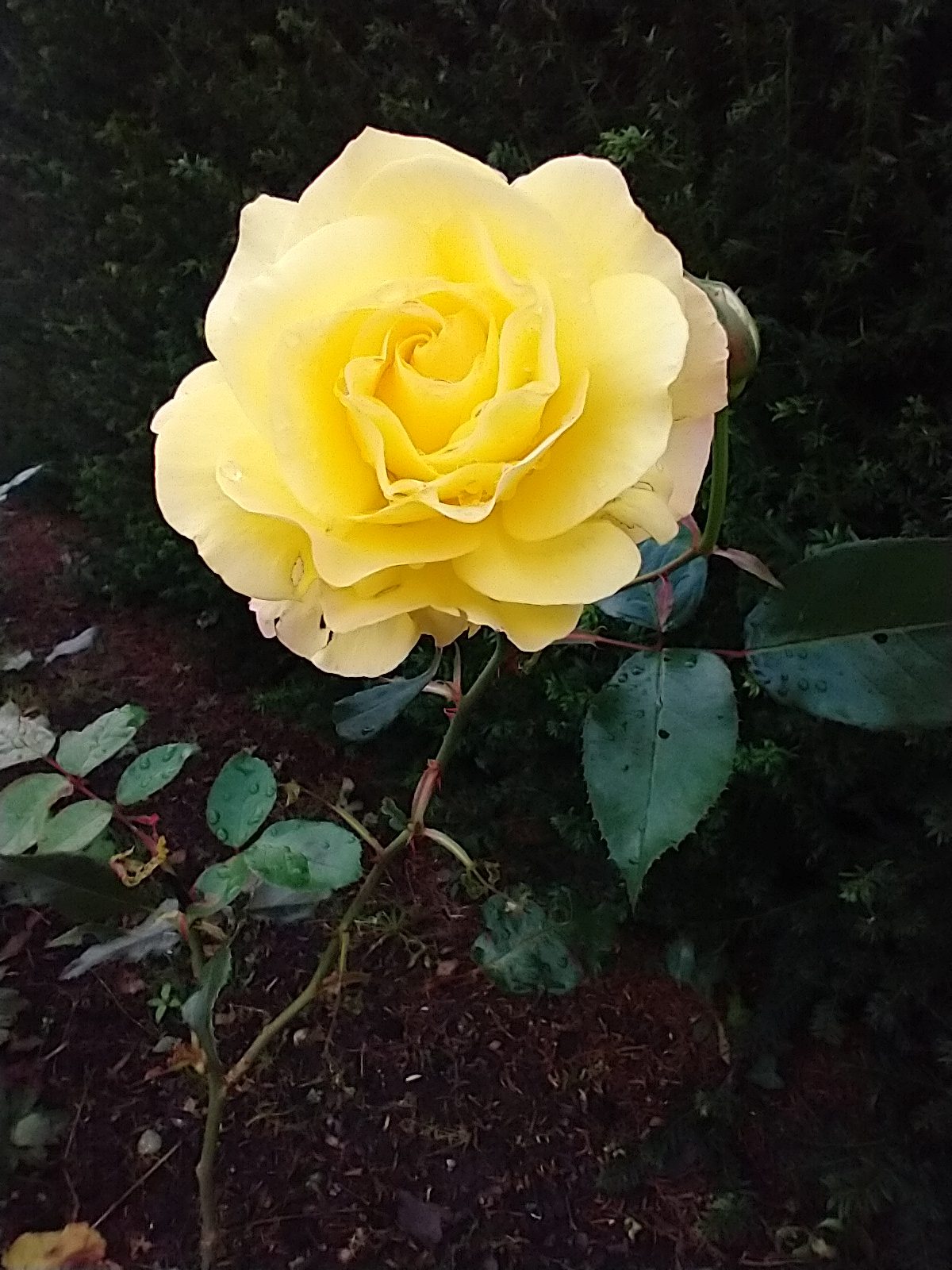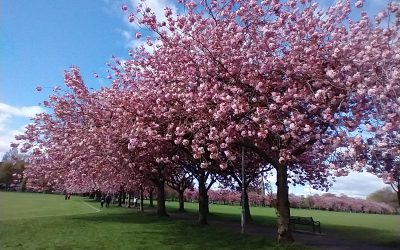 I’m playing through the whole volume of Mozart sonatas again. The other day I came to the B flat Sonata K333. This has difficult associations for me because I learned it for one of those endless exams one always seems to be taking in teenage years – I can’t now remember if it was for A-levels, a scholarship audition, a competition, a diploma exam or whatever.
I’m playing through the whole volume of Mozart sonatas again. The other day I came to the B flat Sonata K333. This has difficult associations for me because I learned it for one of those endless exams one always seems to be taking in teenage years – I can’t now remember if it was for A-levels, a scholarship audition, a competition, a diploma exam or whatever.
Anyway, I always found it hard. At this period of his life, Mozart seemed to enjoy writing virtuosically for the piano and the fingering of certain passages in K333 is very tricky. I remember stumbling over them as a teenager, particularly under exam conditions. As with many passages one has learned to fear, it’s all too easy to tense up when you approach them in performance. I remember feeling so frustrated with myself.
But the other day, playing the sonata at home, I sailed through those passages with perfect ease even though I hadn’t looked at them for a while and had done no work on them.
Perhaps that was the key: there was no work. I wasn’t tense, I hadn’t wrestled with them beforehand, and no teacher was leaning forward to write ‘Practise!!’ on my sheet music. I was able to sidestep the feeling of effort, get into the flow, and just enjoy the shape and direction of the whole phrase, in which individual notes play a non-starring role.
It’s not exactly that my technique is better than it was when I was a teenager – rather, I now understand better how not to get over-involved. I’m more able to sit back, glance at the fingering and trust my hands to find their way. And they do!
A friend of mine, given to sending me inspiring messages out of the blue, recently texted me, ‘We are so lucky to know the meaning of a long phrase.’ It’s true – seeing the long phrase can free us from over-focusing on a mass of detail.




How interesting! I now don’t let my beginners ‘practice’ anything until they can play it to people as one of their favourites because they’ve chosen to play it with me in music sessions. When, decades ago, I initially mixed a group using this non-practising ethos with pupils who did practice routinely (a tranche who’d started several years earlier) I discovered that after the long summer break, the ones who were growing up never hearing the ‘P’ word from me were able to pick up effortlessly, as though their last lesson was last week. The ‘practisers’ took two weeks to get back into the flow. This gave me a great deal of pause for thought! I think it’s essential to spend time learning pieces well but if they are learned well they should come back when read again, even decades later. I know that when I was at RCM I always spent my ‘practice’ time working at technique, and just knew the music of my pieces well enough to apply the technique.